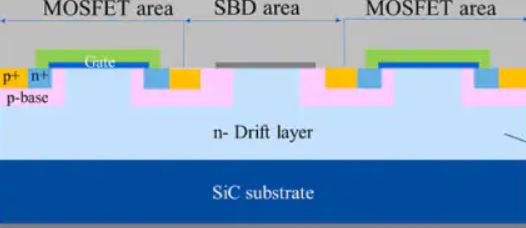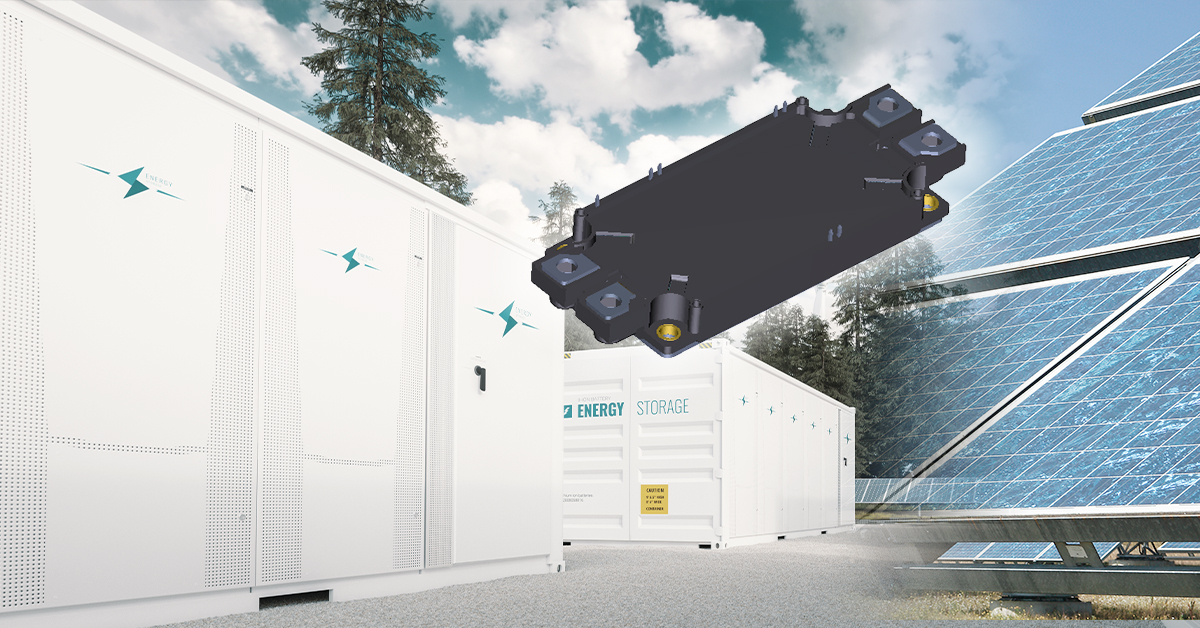Japanese electronics manufacturer Toshiba has introduced a new silicon carbide-based metal-oxide-semiconductor field-effect transistor (MOSFET) based on silicon carbide (SiC) for applications in solar inverters and battery storage systems.
The company said the new MOSFET may help inverter manufacturers in reducing the size and weight of their products.
“The higher frequency operation enables downsizing and weight reduction of other system components, such as heat sinks and filters,” said the company.
Popular content
The new product hosts a 2,200 V Schottky barrier diode (SBD) and is intended for use in two-level inverters in 1,500 V (DC) voltage systems. Two-level devices have fewer switching modules than three-level inverters, which results in smaller and lighter systems, according to the manufacturer.
The SiC modules reportedly operate with low conduction loss and low drain-source on-voltage. They also have lower turn-on and turn-off switching losses of 14mJ and 11mJ, respectively. They purportedly have low stray inductance, low thermal resistance, and a built-in thermistor.

Image: Toshiba
This content is protected by copyright and may not be reused. If you want to cooperate with us and would like to reuse some of our content, please contact: editors@pv-magazine.com.


2 comments
By submitting this form you agree to pv magazine using your data for the purposes of publishing your comment.
Your personal data will only be disclosed or otherwise transmitted to third parties for the purposes of spam filtering or if this is necessary for technical maintenance of the website. Any other transfer to third parties will not take place unless this is justified on the basis of applicable data protection regulations or if pv magazine is legally obliged to do so.
You may revoke this consent at any time with effect for the future, in which case your personal data will be deleted immediately. Otherwise, your data will be deleted if pv magazine has processed your request or the purpose of data storage is fulfilled.
Further information on data privacy can be found in our Data Protection Policy.